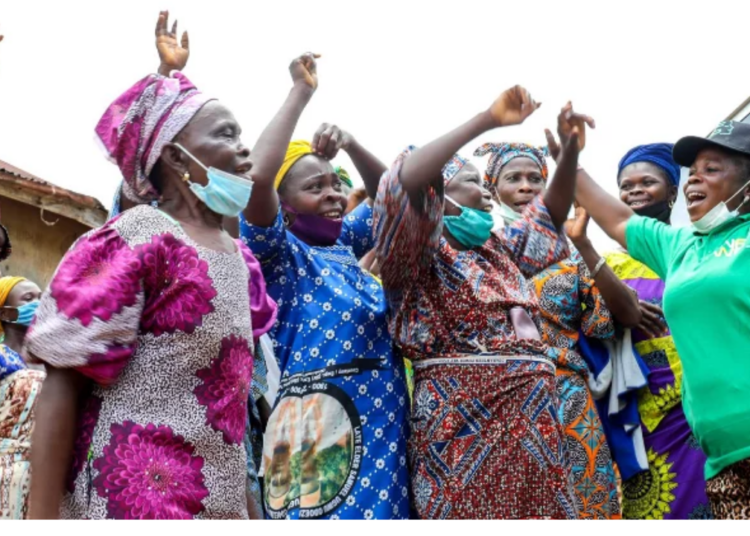Yesterday, March 8, was observed around the world as International Women’s Day (IWD). While the theme of the event was “DigitALL: Innovation and technology for gender equality, the United Nations Secretary-General, António Guterres, preferred to celebrate the contributions of women to ending the COVID-19 pandemic. For him, their ideas, innovations and activism are changing the world for the better.
The UN scribe recalled that the pandemic kept girls and women out of schools and workplaces, exposing them to rising poverty and violence even as they do the vast majority of the world’s unpaid but essential care work. Still, they are made targets of violence and abuse, just because of their gender even as they bear the brunt of climate change and environmental degradation.
As if these were not bad enough, Guterres expressed his concern that in all countries, women are scandalously under-represented in the halls of power and the boardrooms of business. He, therefore, nudged the conscience of the world to see the urgent need to turn the clock forward for every woman and girl.
The way forward, as he perceives it, includes guaranteeing quality education for every girl, so that they can build the lives they want and help make the world a better place for us all; deploy massive investments in women’s training and decent work; take effective action to end gender-based violence; engage, boldly, actions to protect the planet through universal care that is fully integrated into social protection systems.
Even more importantly, in the words of the former Portuguese Prime Minister, the world should employ targeted measures like gender quotas so as to benefit from women’s ideas, experience and leadership everywhere decisions are made.
It must be noted that gender inequality is essentially a question of power, in a male-dominated world and a male-dominated culture. Gender equality, therefore, demands that power relations must be reversed.
At the United Nations, Guterres pointed out that some level of gender parity has been achieved in senior management at headquarters and around the world — improving the work of the world body and better representing the communities it serves.
However, as commendable as this achievement is, it must be noted that it is not far-reaching enough as more women environment ministers, business leaders and presidents and prime ministers are needed beyond the block of the organization. The general idea is to push countries to address the climate crisis, develop green jobs and build a more just and sustainable world.
The UN observes the holiday in connection with a particular issue, campaign, or theme in women’s rights. In some parts of the world, IWD still reflects its political origins, being marked by protests and calls for radical change; in other areas, particularly in the West, it is largely sociocultural and centered on a celebration of womanhood. Some people say this day is not needed while others say it is a necessary step towards the representation of women, equal rights and justice.
Historically, the United Nations began celebrating International Women’s Day in 1975, which had been proclaimed the International Women’s Year. In 1977, the United Nations General Assembly invited member states to proclaim March 8 as an official UN holiday for women’s rights and world peace. It has since been commemorated annually by the UN and much of the world, with each year’s observance centered on a particular theme or issue within women’s rights.
For instance, the 2022 UN theme for International Women’s Day is “Gender equality today for a sustainable tomorrow”, looking to highlight the contribution of women and girls around the globe, who participate in their communities, promoting climate change adaptation, mitigation, and response, in order to build a more sustainable future for all.
Interestingly, as women across the world mark this year’s International Women’s Day, their counterparts in Nigeria celebrate the day by organizing conferences and seminars that focus on issues affecting women in Nigeria, such as gender equality, women’s health, education, and empowerment particularly in politics. In some states, women empowerment events are put in place to celebrate the achievements of women, engage in motivational talks and networking opportunities to expand the frontiers of women.
In particular, this year’s event in Nigeria which coincides with a major election cycle, draws attention to the deprivations women endure as far as participation in the democratic exercise is concerned. The women in Nigeria are not amused that few women were involved in the presidential and National Assembly elections and even fewer will be found in the corridors of power when the incoming dispensation is inaugurated on May 29. It is our considered opinion, therefore, that what women lost in elective positions will be compensated in appointive offices. That is the fair thing to do because they deserve their place in the polity.





